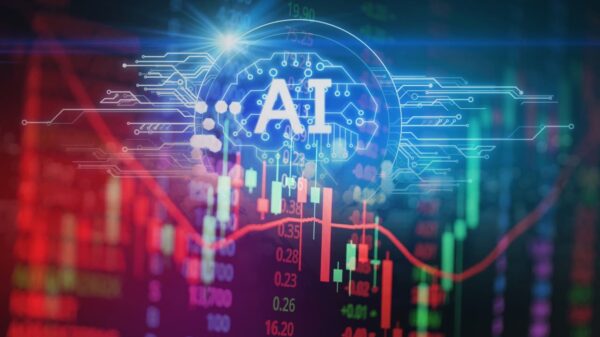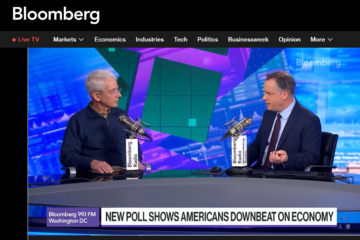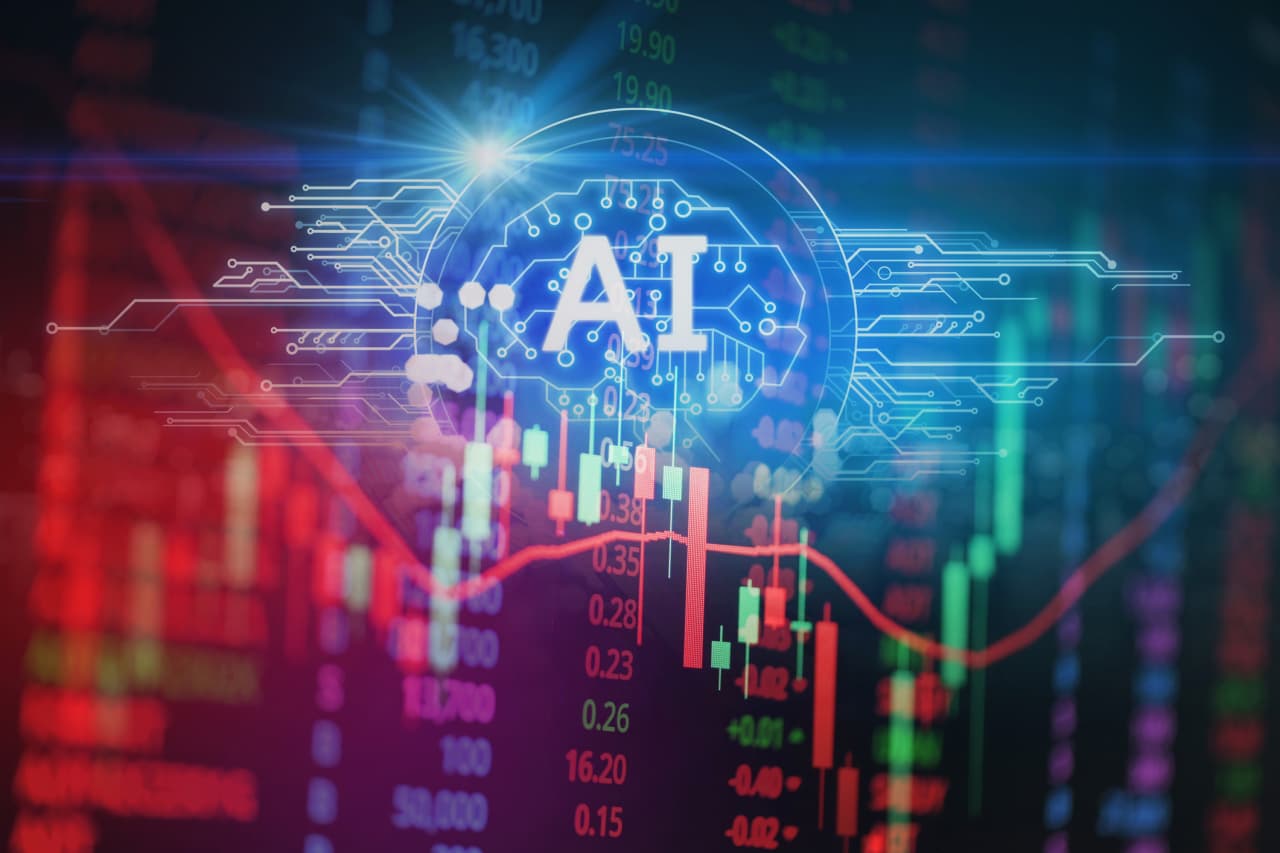China’s dominance over rare-earth elements is raising alarms in the United States as these critical resources are essential for the development of artificial intelligence (AI) infrastructure. This reliance poses a significant risk not only to the stock market but also to the broader U.S. economy, which increasingly depends on AI for GDP growth.
Recent reports from the U.S. Department of Commerce indicate that as of July 2023, approximately 80% of the rare-earth elements used in AI technologies are sourced from China. This monopoly creates vulnerabilities in supply chains, especially as the demand for AI continues to surge across various sectors.
The implications of this situation are profound. The World Bank has projected that sectors relying heavily on AI could contribute up to $15 trillion to the global economy by 2030. Given that the U.S. aims to capture a significant portion of this growth, the dependency on Chinese rare-earth elements is a growing concern.
Geopolitical Tensions and Economic Impact
The geopolitical landscape adds another layer of complexity. Recent tensions between the U.S. and China have led to heightened scrutiny of supply chains, with the National Security Council expressing concerns about the implications of relying on a single country for such critical resources. If China were to restrict exports of rare-earth elements, it could severely impact the production capabilities of American tech companies.
Moreover, the stock market is already reflecting these concerns. Analysts warn that companies heavily invested in AI technologies could see their valuations plummet if supply chain disruptions occur. For instance, a disruption in access to rare-earth elements could delay projects, leading to substantial financial losses.
In light of these challenges, U.S. policymakers are considering various strategies to mitigate risks. Initiatives aimed at increasing domestic production of rare-earth elements are gaining traction, and discussions around forming strategic partnerships with other countries are underway. These moves aim to diversify the supply chain and reduce dependence on China.
Future of AI and Economic Resilience
As AI continues to evolve, the focus on securing a stable supply of rare-earth elements will be crucial for the U.S. economy. With the potential for AI to drive significant economic growth, prioritizing the development of alternative sources is essential.
The U.S. must navigate these complexities to ensure that its technological advancements do not fall victim to geopolitical strife. As the situation develops, stakeholders from various sectors will need to collaborate to build a more resilient economic framework.
The stakes are high, and the outcomes of these decisions will shape the future landscape of American innovation and economic stability.



































































